Over the course of a week, more than 1,000 scientists from US universities signed an open letter to President Joe Biden and the White House National Security Council. Steven Kivelson and Peter Michelson, two physics professors at Stanford, said the speed of signature collection and the caliber of supporters reflected a desire to extend the agreement.
“Among the most important goals of academic research are the pursuit of new knowledge about the natural world andthe education and training of the next generation of scientists . This is best accomplished with the participation of scientists from around the world ,” the letter reads.
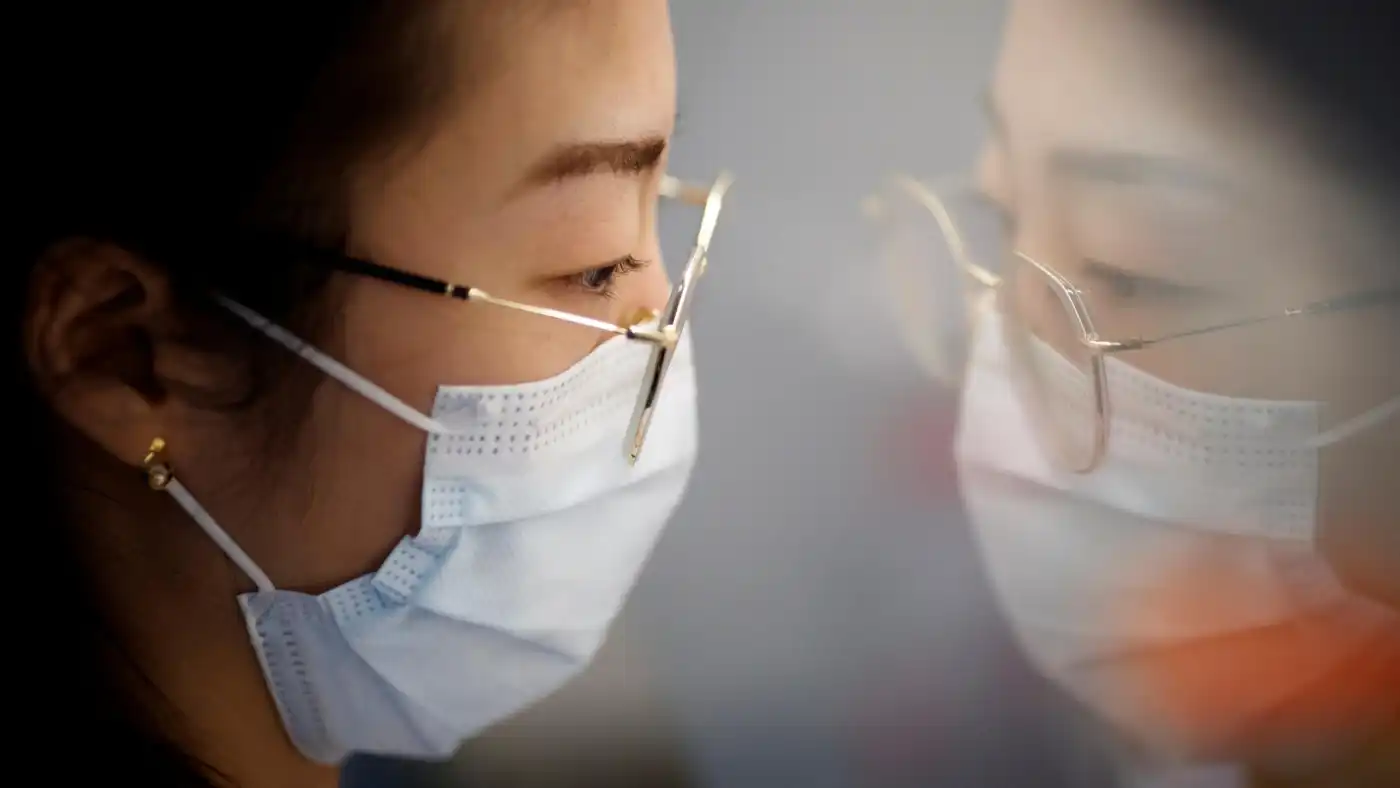
The US-China Science and Technology Cooperation Agreement (STA) was first signed in 1979 when Washington and Beijing established diplomatic relations. The STA has been renewed every five years since then. However, growing US concerns about China’s intellectual property theft and military capabilities have led lawmakers to question whether it should be renewed.
On June 10, 10 Republicans sent a letter urging US Secretary of State Antony Blinken not to renew the agreement, arguing that China will continue to seek opportunities to exploit cooperative relationships within the STA to advance its military goals and, in some cases, undermine US sovereignty.
Last week, the State Department said the US was seeking a six-month extension of the STA while it negotiates with Beijing to “revise and strengthen” the terms of the agreement.
In the open letter, the professors pointed out that research information related to national security risks “should be classified” under National Security Decision Directive 189, while basic research at US universities “is intended to be publicly available” and “should not be classified.” For four decades, the agreement has provided a framework for personal connections and educational exchanges that have brought “significant benefits” to the US, the letter said.
“We can attest that cutting off our ties to China would directly and negatively impact our own research, the work of our colleagues, and/or the mission of our universities,” the letter said. “The United States should extend this not because China wants it, but because it is in the best interests of the United States.”
(According to Nikkei)
Source



![[Photo] General Secretary To Lam receives Prime Minister of the Kingdom of Thailand Paetongtarn Shinawatra](https://vphoto.vietnam.vn/thumb/1200x675/vietnam/resource/IMAGE/2025/5/16/7f6a2a37f9324e61b3088c464cbc7b16)
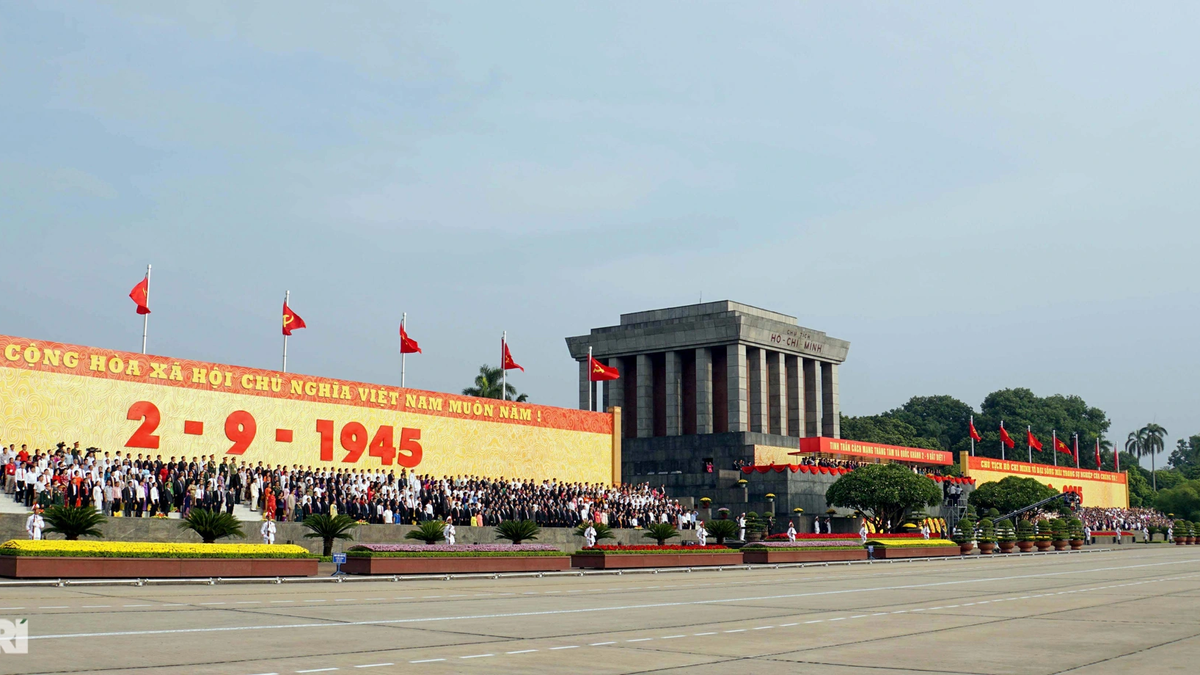

![[Photo] Prime Minister Pham Minh Chinh and Prime Minister of the Kingdom of Thailand Paetongtarn Shinawatra attend the Vietnam-Thailand Business Forum 2025](https://vphoto.vietnam.vn/thumb/1200x675/vietnam/resource/IMAGE/2025/5/16/1cdfce54d25c48a68ae6fb9204f2171a)
![[Photo] President Luong Cuong receives Prime Minister of the Kingdom of Thailand Paetongtarn Shinawatra](https://vphoto.vietnam.vn/thumb/1200x675/vietnam/resource/IMAGE/2025/5/16/52c73b27198a4e12bd6a903d1c218846)
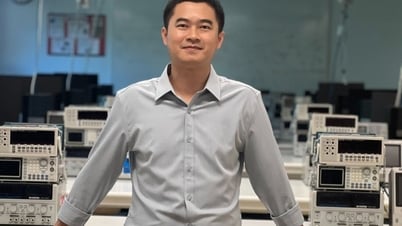

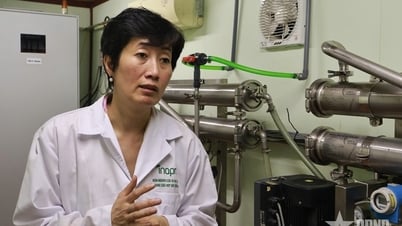

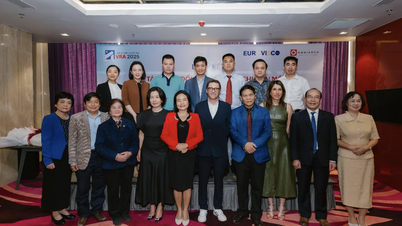




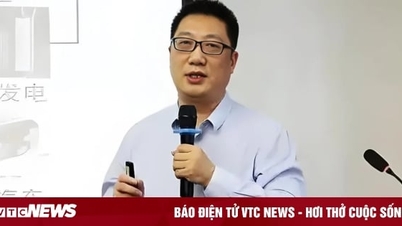



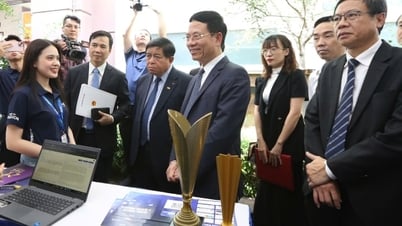

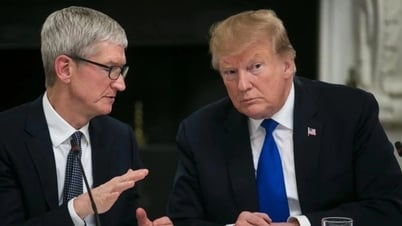


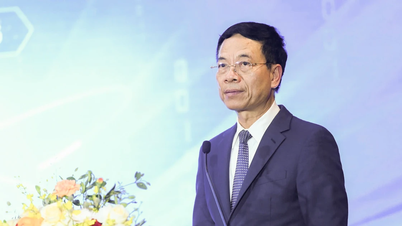








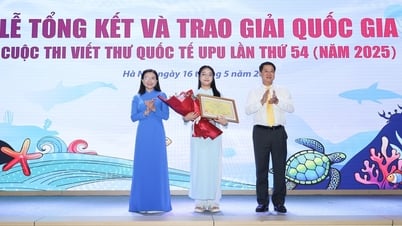

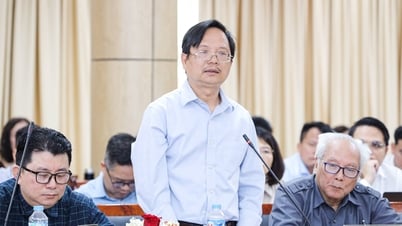
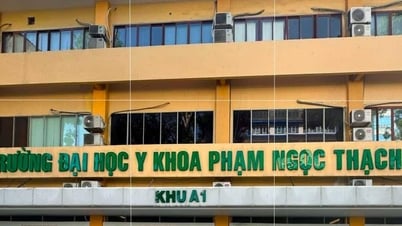
![[Photo] The Prime Ministers of Vietnam and Thailand witnessed the signing ceremony of cooperation and exchange of documents.](https://vphoto.vietnam.vn/thumb/1200x675/vietnam/resource/IMAGE/2025/5/16/935407e225f640f9ac97b85d3359c1a5)
































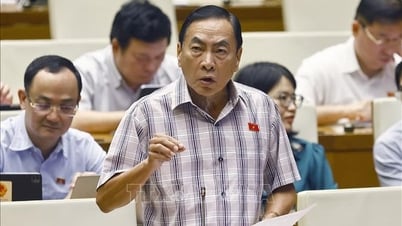


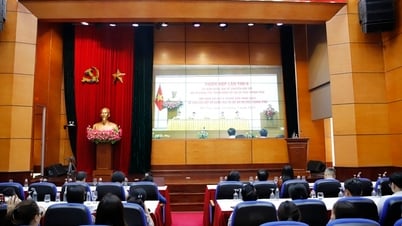
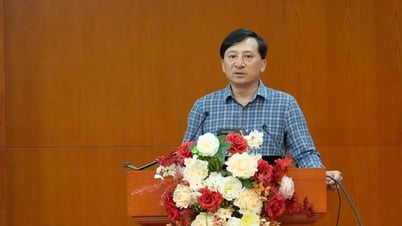

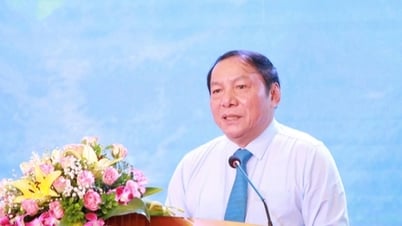

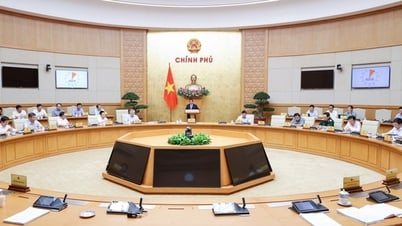


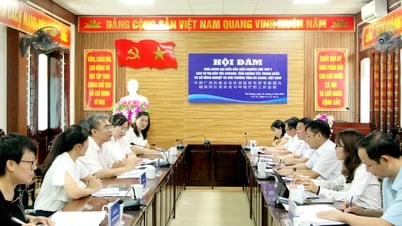
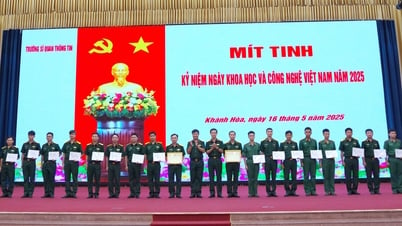



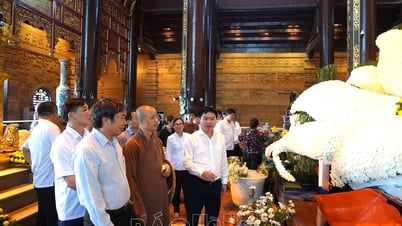

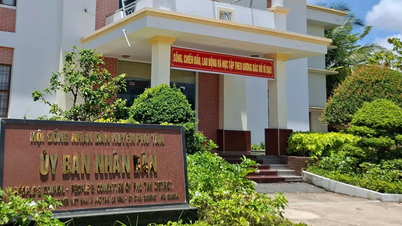











Comment (0)